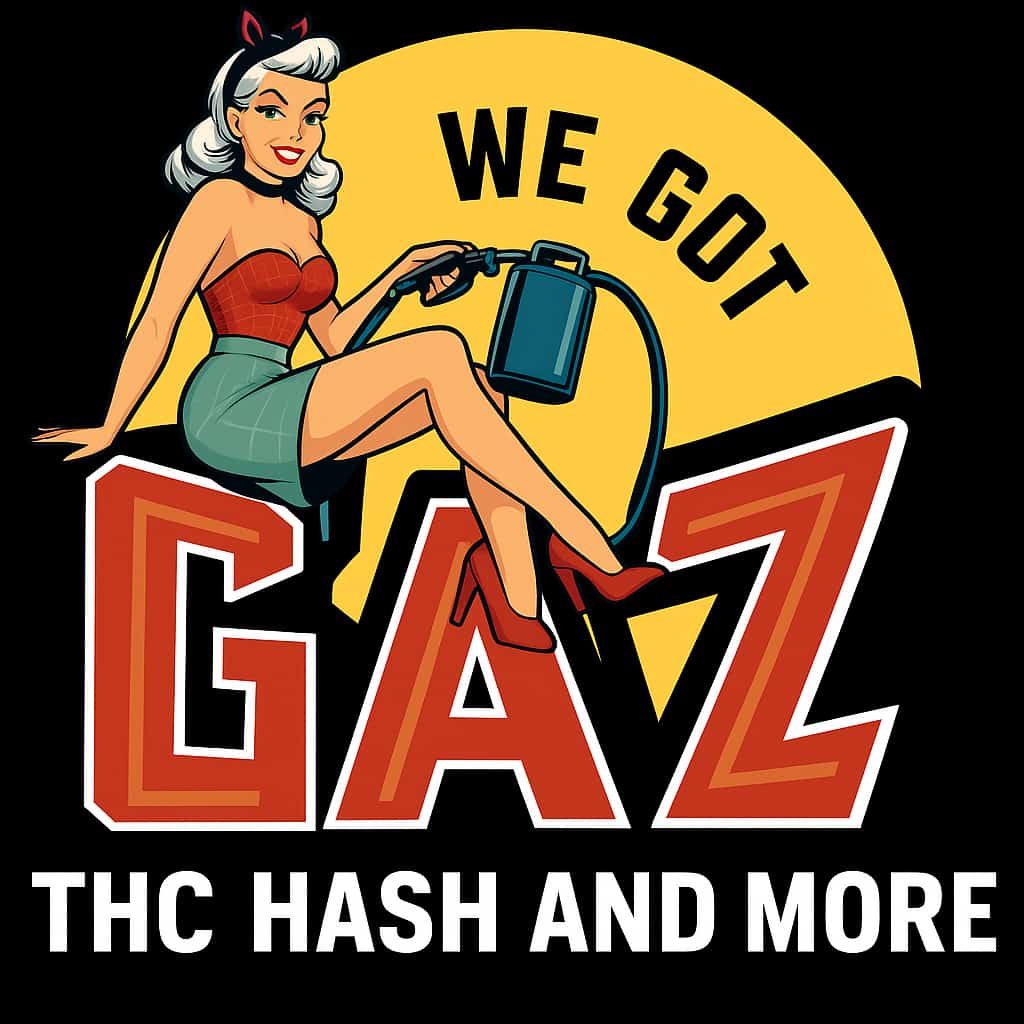Napoleon’s War on Hashish: From Imperial Ban to Modern Blaze
May 10, 2025 9:37 amWhen we think of Napoleon Bonaparte, a few things come to mind—military genius, empire-builder, and master strategist. But rarely do we associate him with one of the most controversial plants of our time: cannabis.
Yet in 1800, in the heart of Egypt, the French general issued a ban on hashish, a concentrated form of cannabis that had long been used in the Middle East for recreational and medicinal purposes. This little-known episode in history reveals a surprisingly early intersection of Western imperialism, drug policy, and cultural suppression—a theme that still echoes in today’s debates around legalization and social norms.
The Egyptian Campaign and the Clash of Cultures
Napoleon’s invasion of Egypt (1798–1801) wasn’t just about military conquest—it was also about scientific exploration and cultural domination. Alongside his army, he brought scholars, linguists, and scientists, hoping to document and study everything from ancient hieroglyphs to local customs.
One of those customs was the widespread use of hashish, typically consumed by smoking or in edible form. French troops, exposed to this relaxed and socially accepted practice, began indulging in it during downtime. The substance quickly gained popularity among the ranks—so much so that it alarmed Napoleon and his officers.
In October 1800, Napoleon issued an official ban on hashish, claiming it was responsible for laziness, insubordination, and a general decline in military discipline.
“The use of hashish was forbidden in Cairo by order of General Bonaparte, who had observed its effects on the soldiers.”
— Dr. Étienne Pariset, French physician and historian
Of course, the ban was largely ineffective. Hashish continued to circulate in Cairo and beyond. Some historians believe that French soldiers even smuggled it back to Europe, inadvertently laying the groundwork for cannabis’s later spread into Western culture.
The Seeds of Modern Drug Policy
Napoleon’s hashish prohibition may seem like a quirky footnote, but it foreshadowed a long legacy of colonial powers imposing moral and legal judgments on substances tied to non-Western cultures. Over the 19th and 20th centuries, cannabis would be further criminalized in Europe and the Americas, often with racist and xenophobic undertones.
France, in particular, maintained strict cannabis laws for much of its modern history, despite the irony that its soldiers had helped import it. Today, while attitudes have relaxed somewhat—France allows limited medical use and is piloting legal cannabis programs—it remains one of Europe’s stricter countries when it comes to personal use.
From Banned to Blazing: A Cultural Shift
Fast forward to the 21st century, and cannabis has become a symbol not of moral decay, but of wellness, creativity, and even political progress. Legalization movements across the globe—from Canada to Germany to various U.S. states—have redefined public attitudes toward the plant.
What once alarmed Napoleon is now part of health food stores, spiritual retreats, and artisanal branding. Hashish and cannabis products are being marketed as “organic,” “sustainable,” and “mindful”—a stark contrast to the colonial-era panic over their effects.
It’s a dramatic arc: from the barracks of French soldiers sneaking puffs in Cairo to modern dispensaries selling lab-tested THC-infused treats in Paris. The cultural meaning of cannabis has flipped entirely, and with it, the legacy of Napoleon’s failed war on hashish has become a curious symbol of how much can change in just a few centuries.
Final Thoughts
History often repeats itself, but sometimes it just rhymes with irony. Napoleon’s hashish ban, born of a desire to control and “civilize,” ultimately failed—and even contributed to the spread of the very substance it sought to suppress.
As cannabis continues to move from taboo to trend, it’s worth remembering that even emperors couldn’t stamp out culture. And sometimes, what gets banned in one era becomes the symbol of freedom in another.
Sources & Further Reading
United Nations Office on Drugs and Crime (UNODC). Hashish use and its impact in Napoleonic Egypt. Link
Mills, James H. Cannabis Nation: Control and Consumption in Britain, 1928–2008. Oxford University Press, 2013.
European Monitoring Centre for Drugs and Drug Addiction. France Drug Report 2023. Link

